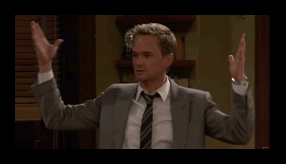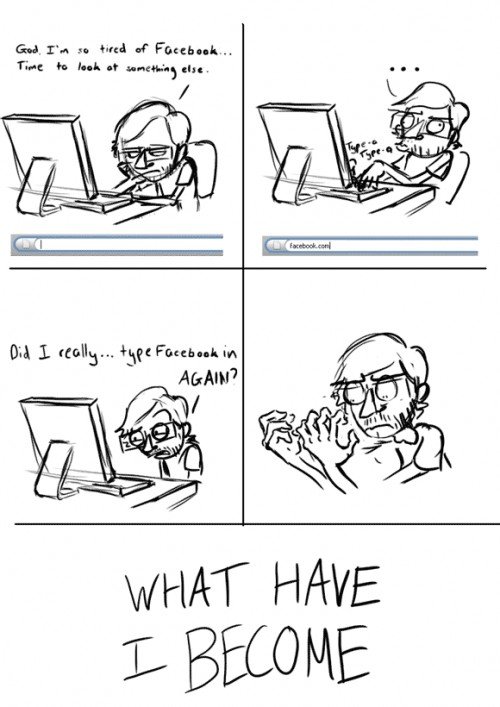As the social media world changes, it can be difficult to manage all the different platforms.

This is especially true for people who run events and/or organizations. Here are a few little tips on how to get that extra edge when promoting your cause.
On Facebook, it's all about the Newsfeed. Most people when they first log onto Facebook will scroll down their Facebook (either to see something new or out of habit). Your goal as an organization is to have viewers see your post in the first 30 seconds of their scroll. Most people either lose interest quickly or they find something that takes their interest away from the rest of their Newsfeed. Here are a few ways to capitalize on those few precious seconds:
-Depending on your organization, it may be beneficial to make a Facebook page AND a group. A great feature of the group is that you can invite all the members of the group to the events that the group makes. While Facebook pages also can create events, the page can only 'target' people and not 'invite' them to attend. The Facebook page is beneficial for posts to appear on people's Newsfeeds as well as have widgets of your organization on other websites and platforms.
-In Facebook posts/pictures/events, it also helps to tag people as a part of it. This extends your demographic to their friends and increases the probability of it appearing on people's Newsfeed. This is especially true if a viewer has more than one friend tagged in the post; this increases the likeliness and frequency that Facebook will present your post on their Newsfeed.
-Golden rule: Never like your own posts. This also goes for retweeting yourself under the same account (note I did not say that other accounts are out of the question). People may do it to increase the amount of likes and attention, but that's a very negligible increase. In reality, many people realize what you are trying to do and look down on the cause because of it. It's not worth the like, folks. It's not worth the like.

- This is pretty much how other people feel about your organization when you 'like' your own posts.
For those new to Twitter, you're not alone. In essence, Twitter is a service which caters as a place to put the short, quick and sometimes arbitrary thoughts you may have for those who choose to follow you. For organizations, Twitter is another avenue in which they can identify another market of people.
The best way to do so is to build momentum to get your 'hashtag' 'trending'. For those who don't know, a hashtag allows grouping of similarly tagged messages, and also allows an electronic search to return all messages that contain the messages. This essentially represents that a large volume of people are interested in the topic enough to talk about it. Some companies try to do this by forcing it by attaching hashtags to every product in the slight hope that enough people will tweet the hastag while using this product. This is a very ineffective way of using the hashtag. One great way to do it is to create buildup using the hashtag. If it's an event, alert those who purchase tickets that their tweets will be posted under the 'Twitter Feed' on the website of your organization if they attach the hashtag.

Another great way is to make a contest out of the hashtag. You can offer prizes, free merchandise, and/or promotion to those individuals that tweet the hashtag the most or have the most popular/witty/interesting tweet while using the hashtag. If done right, this may also relieve the burden of promotion off your shoulders and onto the people on Twitter who want to win the contest. #GuerillaMarketing

One important difference between Facebook and Twitter is the importance of when you post. Because Twitter is a 'in-the-present' platform, the worst time to tweet is at 4am. If your tweet doesn't catch on in the first 15 minutes of its posting, it will get lost in the array of tweets of other people (this rule doesn't apply to those with a large base of followers). While Facebook is also timely in some fashion, it is more similar to Youtube and Reddit (another social media platform) in terms of 'upvotes' where popular posts and comments (posts your friends like) sometimes pop out of your Newsfeed regardless of the time of day or even it has been a few days since it was originally posted.
Ideal times are usually late afternoons/early evenings (3pm-6pm) because students finish school at this time, and many people finish work around this time. And most people use these moments to check and post on their social media.

These are just a few tips, and they may seem minuscule but these tricks can make the minor difference that can propel your event/organization to the next level.
Kash Money out!
No comments:
Post a Comment